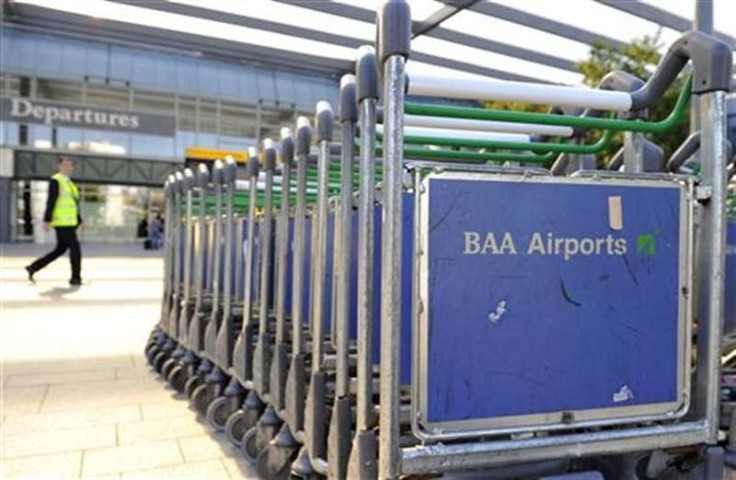UK Strike 30 November: Airlines Cancel Flights amidst fears of Travel Chaos

The UK public sector strike scheduled for Nov. 30 could cause travel chaos at major airports like London Heathrow as immigration staff join the protest over pension reform.
Several airlines have already cancelled flights as British Airways and other carriers encourage travelers to change plans to avoid disruptions.
Singapore Airlines suspended a pair of Singapore-London flights Wednesday to Heathrow Airport, one of the world's three busiest airports. Air India said it had cancelled four Delhi-London flights but its Mumbai-London flight would operate as planned.
Middle East carriers Etihad Airways and Emirates Airlines said Monday they had canceled a combined total of five flights in and out of Heathrow.
Other Asian carriers like Japan's ANA, India's Kingfisher, and the Chinese flag carrier Air China have yet to cancel any trips.
Hong Kong-based Cathay Pacific, whose eight London-bound flights will operate as planned, has advised customers to avoid travel unless absolutely necessary. Cathay Pacific will waive fees for passengers who change their bookings.
American and European carriers are similarly discouraging passengers from non-essential travel, though they have not canceled any flights. Many like Heathrow-based British Airways and Deutsche Lufthansa are waiving change-fees under certain conditions in an attempt to fly aircraft half-empty into the UK.
Those flying out of London or traveling on domestic flights should remain relatively unaffected by the UK Border Agency walkout.
The cancellations and warnings came after Heathrow's Chief Operating Officer Normand Boivin warned airlines of long lines and delays up to 12 hours in the immigration hall.
The delays at immigration are likely to be so long that passengers could not be safely accommodated within the terminals and would need to be held on arriving aircraft, Boivin said in letter. This in turn would quickly create gridlock at the airport with no available aircraft parking stands, mass cancellations or departing aircraft and diversions outside the UK for arriving aircraft.
UK Border Agency expects to perform at less than 50% capacity during the strike.
To avoid a worse situation, Heathrow has asked airlines to halve the number of passengers they fly into the airport during the strike. By reducing the number of incoming international passengers, the airport is optimistic that it will fly on a normal operating schedule.
Many of the other transportation unions are not involved in the strike, which is scheduled to last just one day and involves workers who hope to stop public sector pension reforms that would require employees to work longer and contribute more each month. Ministers maintain the cuts are necessary as people are living longer and contributing less than needed to sustain the pension system.
Britain's second largest airport, Gatwick, has also encouraged airlines to rebook passengers coming into London.
We have had face-to-face meetings with our major airline carriers to discuss contingency plans for the day and have called on them to offer their arriving passengers the opportunity, where possible, to rebook their flights either in the days immediately before or after 30 November, Gatwick's Chief Operating Officer Scott Stanley said.
EasyJet, which operates nearly 80 international flights into Gatwick daily, is not offering passengers a free rebooking and will run a full schedule of flights on Wednesday.
BAA, which operates Heathrow and several other UK airports, recommended passengers keep in touch with their airlines.
Passengers arriving into the UK may experience delays at passport control, BAA said in a release. We are working with UKBA and the airlines to ensure any disruption is kept to a minimum.
UNISON general secretary Dave Prentis said Monday that the strike could be the UK's largest since 1926, when an estimated 1.75 million walked off their job.
© Copyright IBTimes 2025. All rights reserved.






















